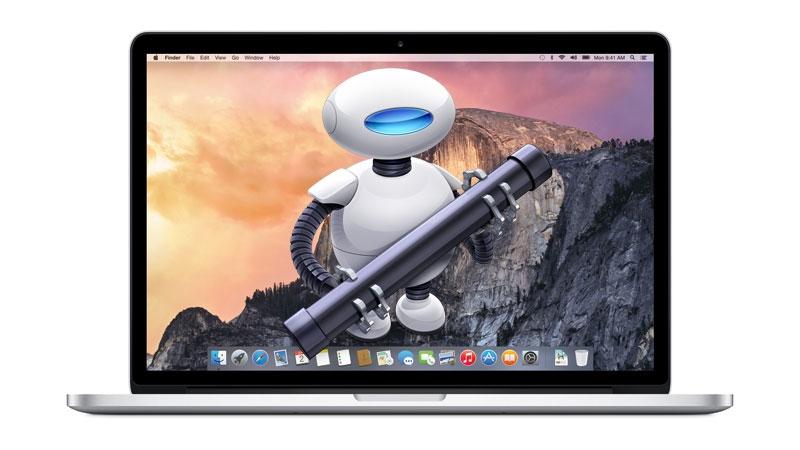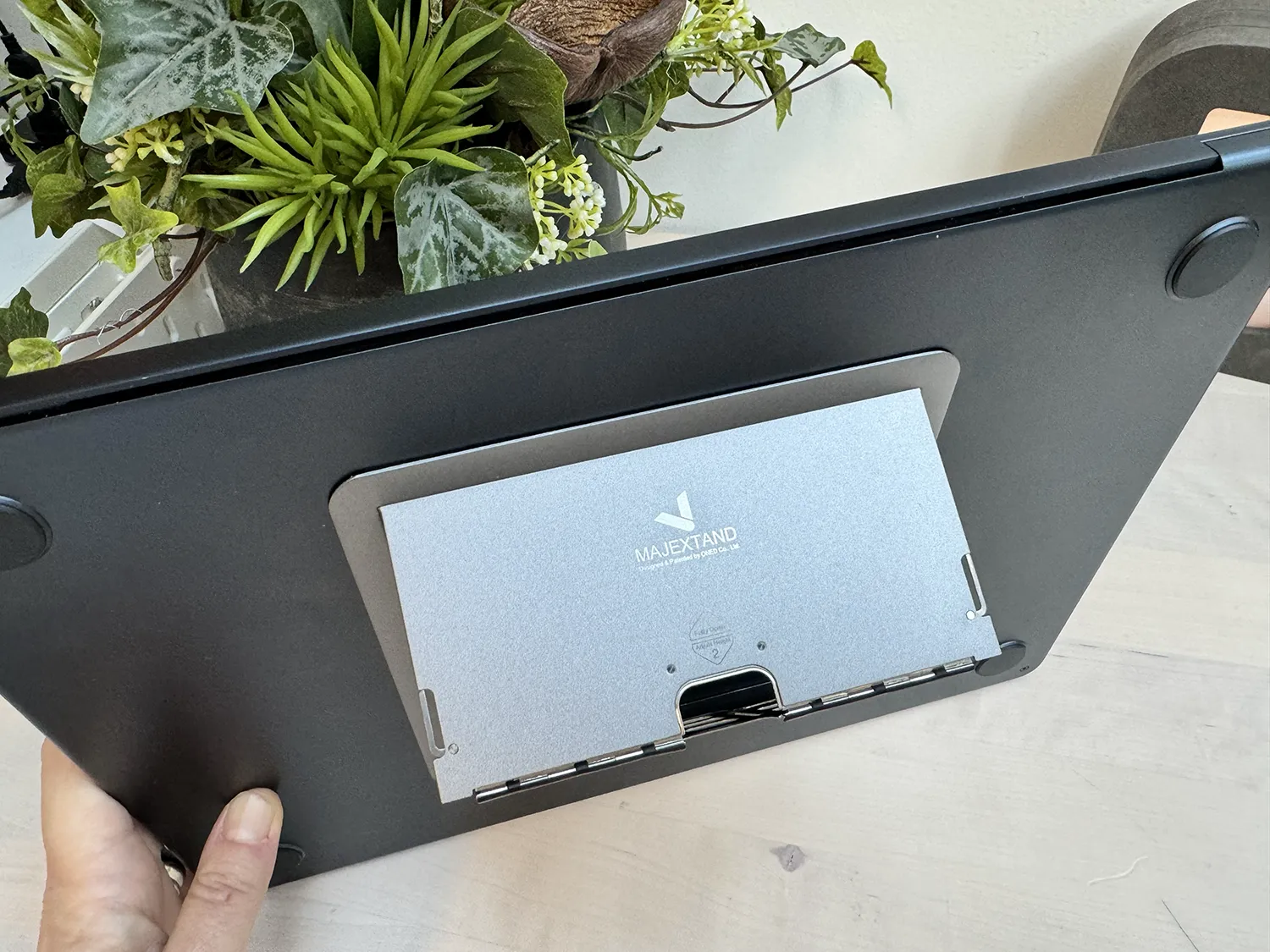Vodafone had everything to consolidate itself as the main alternative to Telefónica in Spain. It had the brand, very powerful internationally, and also the mobile networks, considered some of the best (if not the best) in Spain. However, for years now the company seems to have been drifting, which has ended with its sale to Zegona. The venture capital fund will carry out an ERE to try to alleviate the situation, but we have to see what has brought us here.
British society has been in Spain for many years. In fact, it landed at the end of the 90s buying Airtel, one of the most prominent operators at that time. After the purchase of shares from several shareholders, the company was valued at around 24 billion euros. The company’s growth did not seem to have a ceiling, although it was true that it could not continue competing as it did not have a presence in landline telephony.
This led it to buy Tele2 to control its landline business, but the big purchase occurred in 2014 when it paid 7.2 billion euros for ONO. This was their way of entering the broadband and convergent rates market, competing with their products with Movistar Fusión. The operator was the second in our country after spending more than 40,000 million euros.
From there, it seems that everything was bad decisions and movements that led to Zegona taking over the operator for 5.1 billion euros. This is a ridiculous figure for what was invested and the potential that the company had in our country.
Income that has not stopped falling
The evolution of Vodafone’s income, in addition to the share of customers in the different segments, has been falling over the years. Without going any further, at the end of fiscal year 2023, income was 6.5% less than the previous year, losing 159,000 mobile lines.

At the end of its last fiscal year, between April 2023 and March 2024, revenue decreased 1.6%. It is true that the losses were “only” 5 million euros, 98.5% less than the 340 million the previous year.
In the statement, the operator pointed to “continued price competition in the consumer value segment, a smaller customer base and a reduction in mobile rates”, something that, in reality, could have accompanied the results notes. of the last 10 years.
All of this led the company, in May of last year, to “put its business in Spain under strategic review.” The global CEO, Margherita Della Valle, explained at the time that “Vodafone must change,” adding that “We will simplify our organization, eliminating complexity to regain our competitiveness and that we will be a more agile and simple organization, to increase our commercial agility and free up resources”. The rest is history.
Was it a good idea to buy ONO?
One of the main decisions that Vodafone has made in all these years that it has been in Spain has been the purchase of ONO. The operator saw how Movistar was setting itself apart with its Fusion product and it was impossible to compete without a broadband network to offer convergent products. At that time, the possibilities involved deploying fiber optics from scratch or purchasing an operator that had an important network already established.
Jazztel and ONO were two “candies” on the market and they were doing things very well. However, the first opted for FTTH, a technology that still has a long way to go; and the second by HFC or cable, a technology that already has problems keeping up with fiber to the home. This was cheaper to deploy, but requires a lot of money to upgrade to match FTTH performance.

Some believe that buying ONO was not a good decision, since it allowed them to compete in the short term, but now they have an obsolete network from which they cannot take full advantage. In fact, several possibilities have been proposed. The most popular is to scrap it and opt to sign a large-scale wholesale agreement with Telefónica.
The goodbye to football left him in no man’s land
In 2018, after many public complaints about the price of football, Vodafone claimed that it was not doing its best with the beautiful game. This made it stop offering LaLiga and the Champions League, something that its rivals (Orange and Movistar) continued to do. In fact, these two operators continue to do so today and it is a fundamental part of their premium business.
That decision brought a tail. In fact, the articles in the following years always said things like “Vodafone still pays goodbye to football” or “The goodbye to all football takes its toll on Vodafone”, alluding to the loss of customers that the red operator began to experience. The series and film model sounded very good in some heads, but it was not a premium product like football is.

Little by little, the different streaming platforms were arriving in Spain and Vodafone could only add them to its catalog. It is true that it signed an agreement to be the only operator that would distribute HBO, but even with those it did not achieve a truly premium product. In the end, you could always contract fiber and mobile with any OMV; and add the cost of Netflix or HBO to end up paying less.
Problems in the dome
Not being able to reach an agreement with MásMóvil to merge and seeing Orange take the lead ended up killing any hope for the operator in Spain. Vodafone did not hesitate to say that it was actively working for consolidation and this movement left it adrift. In January 2023, Colman Deegan decided to resign from the position after just over two years in office. This resignation joined that of Nick Read, who left the position of CEO of the Group a little earlier.

There are many voices that have criticized the continued choice of a foreign profile instead of a national CEO, mainly due to knowledge of the market. It is stated that the unions formally requested the search for a Spanish CEO, something that was not achieved. Decisions that are difficult to explain from the top have led the company to lower its valuation to 5.1 billion euros and announce an ERE that will affect 40% of the workforce.
And the fifth ERE will be carried out since 2013. The first affected 620 workers. Later, in 2015, it killed 1,059 people. Already in 2019, another 1,102 employees left the company and in 2021 the figure was 442 workers.
From UGT, in reference to the ERE announced yesterday, they give a good summary of Vodafone’s decline:
“It will be studied in economics schools as an example of how poor management can squander the value of a company that became a world leader among telecommunications operators.”














